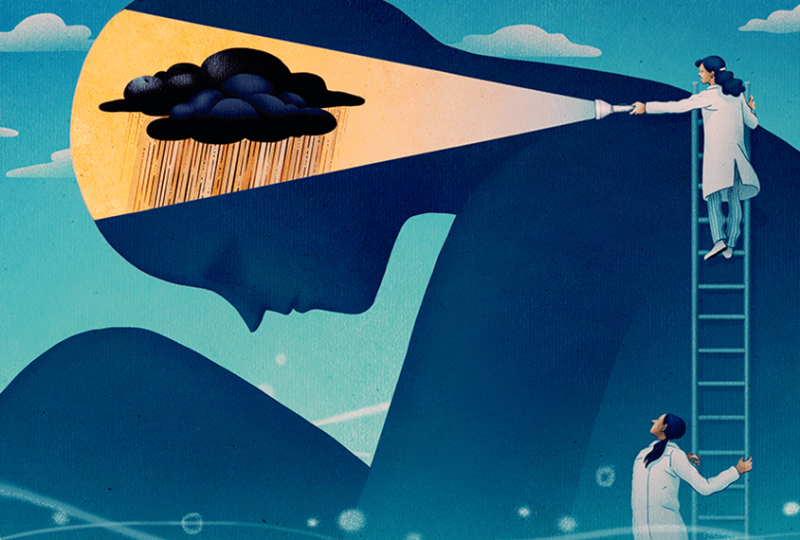Depressed patients with prior treatment failure often face high medical costs and poor quality of life, a new survey suggested.
Of 10,710 adults with self-reported major depressive disorder (MDD) who participated in the 2019 National Health and Wellness Survey, 1,077 said they experienced treatment failure requiring them to try new medications as a result of non-responsiveness, Larry Culpepper, MD, of Boston University School of Medicine, and colleagues reported at Psych Congress 2022.
Patients with mild MDD with prior treatment failure saw average direct medical costs — including factors like emergency department visits, healthcare provider visits, and hospitalizations — of $9,447 on average. These direct medical costs increased to $10,428 for moderate MDD, dropped slightly to $8,673 for moderate-severe MDD, but then topped off at $13,971 for severe MDD.
…
“The key takeaway from this analysis was that among patients who report a prior treatment failure, there is a high humanistic burden in terms of poor health-related quality of life as well as high direct medical and indirect costs,” Mousam Parikh, MSc, director of health economics outcomes research for psychiatry at AbbVie, who presented the results, explained to MedPage Today.
…
Beyond anxiety, patients with treatment-failure MDD tended to see a high rate of many comorbidities, including panic disorder, phobias, post-traumatic stress disorder, social anxiety, attention deficit disorder, and obsessive-compulsive disorder.































